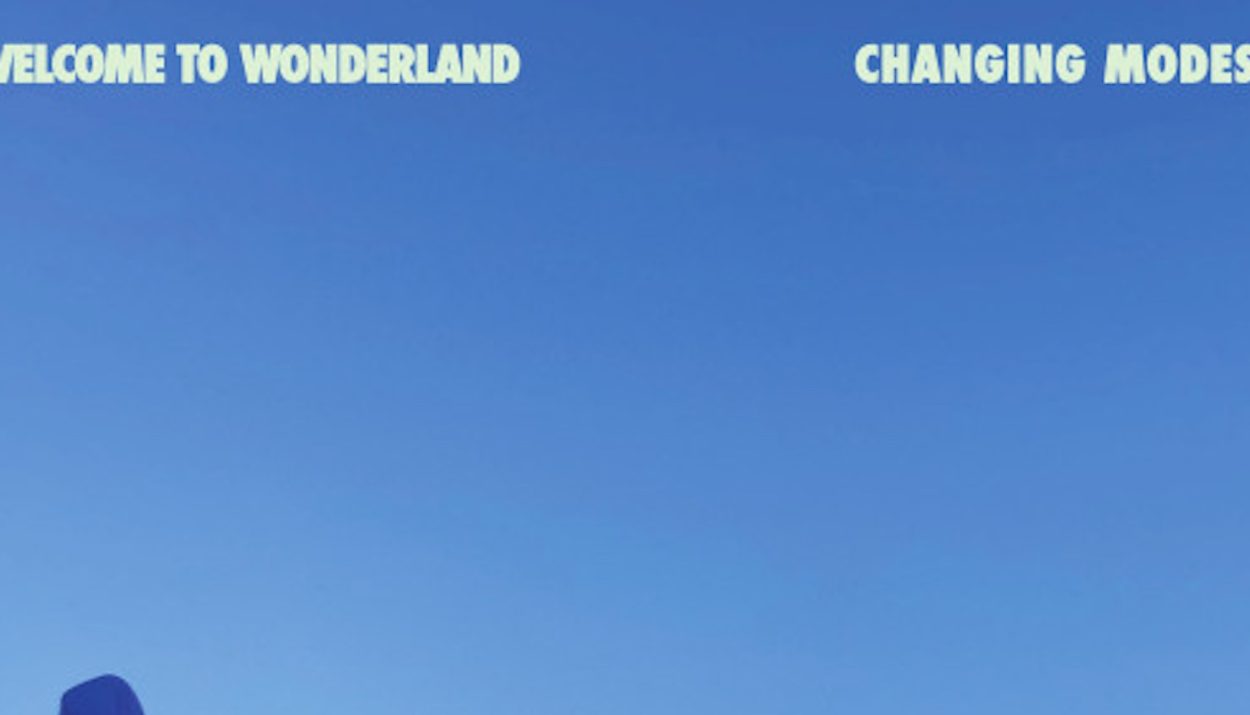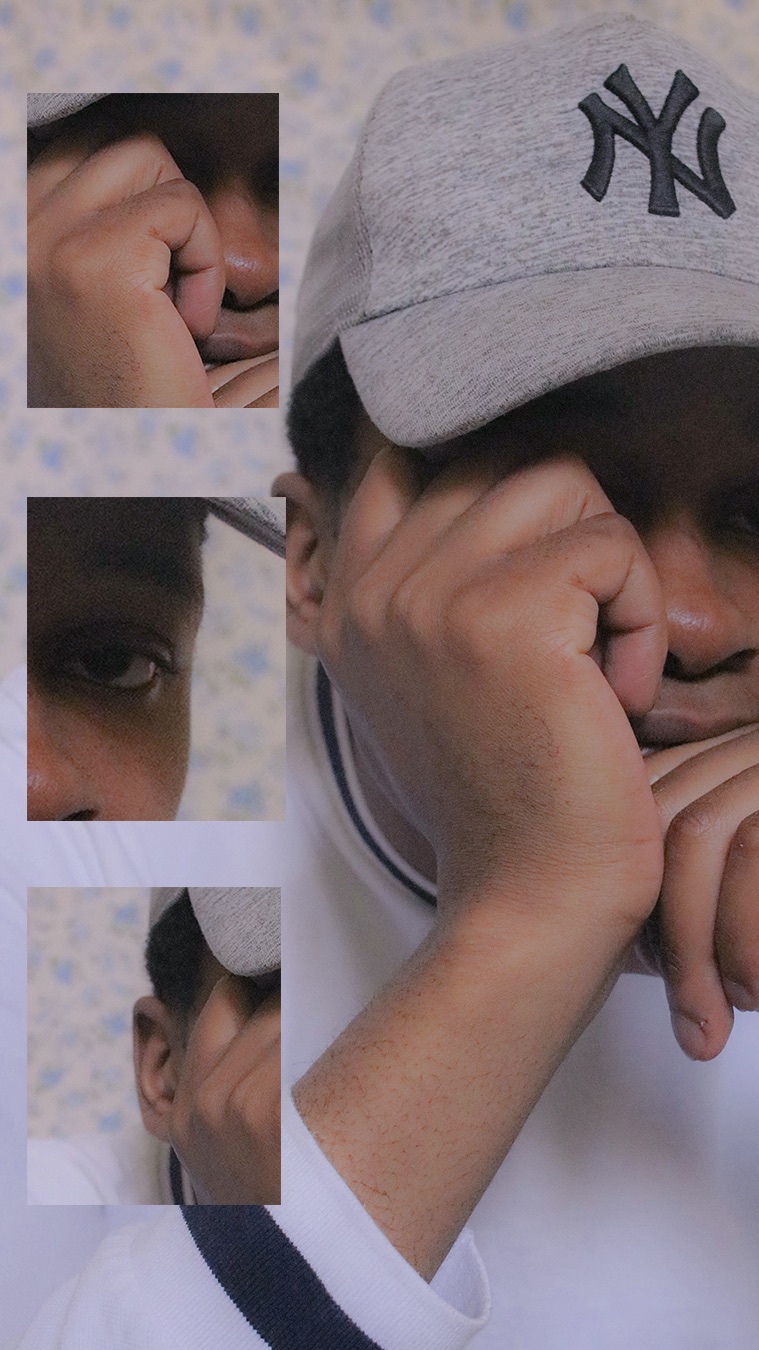Brooklyn’s Changing Modes isn’t your ordinary band. They’re the musical equivalent of stepping into a mixture—colorful, unpredictable, and endlessly fascinating. Led by the visionary duo Wendy Griffiths and Yuzuru Sadashige, this genre-bending collective has been challenging the boundaries of rock, pop, and classical influences for years. Their sound? Imagine if J.S. Bach had a jam session with Sparks while The Stranglers stirred in some punk-fueled grit. The result? “Welcome to Wonderland,” their latest album released on May 18, 2024, is a breathtaking medley of intricate melodies, theatrical storytelling, and raw energy. This is their ninth studio album, and it arrives like a post-pandemic fever dream—an invitation to a strange and familiar world, where reality wobbles and music bridges the gaps. Recorded at Virtue and Vice Studio and The Cutting Room, the band’s decision to incorporate tape mastering adds a lush warmth, enhancing the album’s vibrant textures. With a lineup that reads like an orchestra on an alt-rock adventure—Grace Pulliam on vocals, Jerome Morris on drums, Duane Harper-Grant on bass, Greg Sigman on alto sax, Julie Marden on violin, and Sarah Carrier on flute—the album is a deep dive into a emotional soundscape. Let’s step into this Wonderland, track by track.
The album opens with an introspective reverie. “Unspoken” is a haunting meditation on the words we leave behind, the confessions we never dare to utter. The delicate interplay of flute and violin laces the song with an air of ghostly nostalgia, while Grace Pulliam’s vocals soar with a weightless melancholy. The rhythm section keeps things grounded, offering a contrast between the ethereal and the earthly.
“Pinwheels” spins into motion with a buoyant yet slightly off-kilter energy, reminiscent of a carousel at dusk—whimsical, yet tinged with an eerie undertow. The playful bassline and unpredictable drum patterns create a sense of movement, reflecting the transience of happiness and the inevitable pull of change. Greg Sigman’s saxophone flourishes add a jazzy unpredictability, making this track a rollercoaster for the senses.
What if you could rewrite time? “Time Machine” wrestles with that existential longing, layering Baroque pop sensibilities with futuristic textures. The instrumentation feels like a collision between past and present, with synth-driven elements juxtaposed against elegant violin passages. Pulliam’s vocals ache with wistfulness, making this one of the album’s most emotionally potent moments.
A stark departure from the whimsy of earlier tracks, “Cold Day in April” feels icy yet intimate, like a solitary walk through a snow-covered city. The arrangement highlights the sheer fragility of the human voice. With no lyrics, the violin and flute weep in the background, crafting a desolate and beautiful atmosphere.
With a rhythmic push-and-pull that mimics the instability of identity, “Some Other Person” plays with structure in a way that feels almost surreal. The shifting time signatures and unexpected instrumental breaks mirror the lyrics’ themes of displacement and reinvention. Wendy Griffiths’ keyboard arrangements dance between the absurd and the sublime, adding an almost theatrical quality.
As the album ventures deeper into its dreamlike soundscape, “December” arrives like a whispered recollection of a time long past. Muted, intimate piano chords lead the way, accompanied by breathless, near-whispered vocals that feel like reading a lost diary entry aloud. The song’s production is minimal yet deeply evocative, making every pause as powerful as the notes themselves.
Moving on, “On Condition” finds Changing Modes at their most rebellious. The punk-infused drumming, jagged guitar stabs, and unrelenting bassline create a restless energy, embodying the tension between freedom and constraint. Pulliam’s vocals are more assertive here, dripping with defiance, while the instrumentation refuses to sit still. It’s exhilarating, urgent, and absolutely magnetic.
The title track, “Welcome To Wonderland” is the beating heart of the album; a carnival ride through sound. Griffiths and Sadashige weave together an orchestrated and unhinged intricate musical tapestry. The lyrics paint an enchanting and unsettling world, a place where reality bends and expectations dissolve. The production shines here, creating a lush, layered experience that demands repeated listens.
Closing out the album, “Moving On” feels like walking away from a dream with one last glance over your shoulder. The arrangement is gentle yet resolute, allowing the song to function as a fitting farewell to the Wonderland Changing Modes has built. Pulliam’s vocals convey acceptance and lingering attachment, while the instrumentation carries her voice like waves retreating to the shore.
With Welcome to Wonderland, Changing Modes doesn’t just offer an album—they offer an experience. It’s theatrical, intricate, and emotionally charged, blending punk’s rawness with classical grandeur. The tape mastering brings a warmth that grounds the surrealism in something deeply human, making each song feel like a living, breathing entity. Brooklyn has long been a breeding ground for musical innovation, and Changing Modes carries that torch proudly. For those who love their rock unpredictable, their pop baroque, and their music a little left of center, this album is a must-listen. So, take the invitation. Step into Wonderland. You won’t regret it.
Listen to the “Welcome To Wonderland” album on Spotify
Follow Changing Modes here for more information
X






